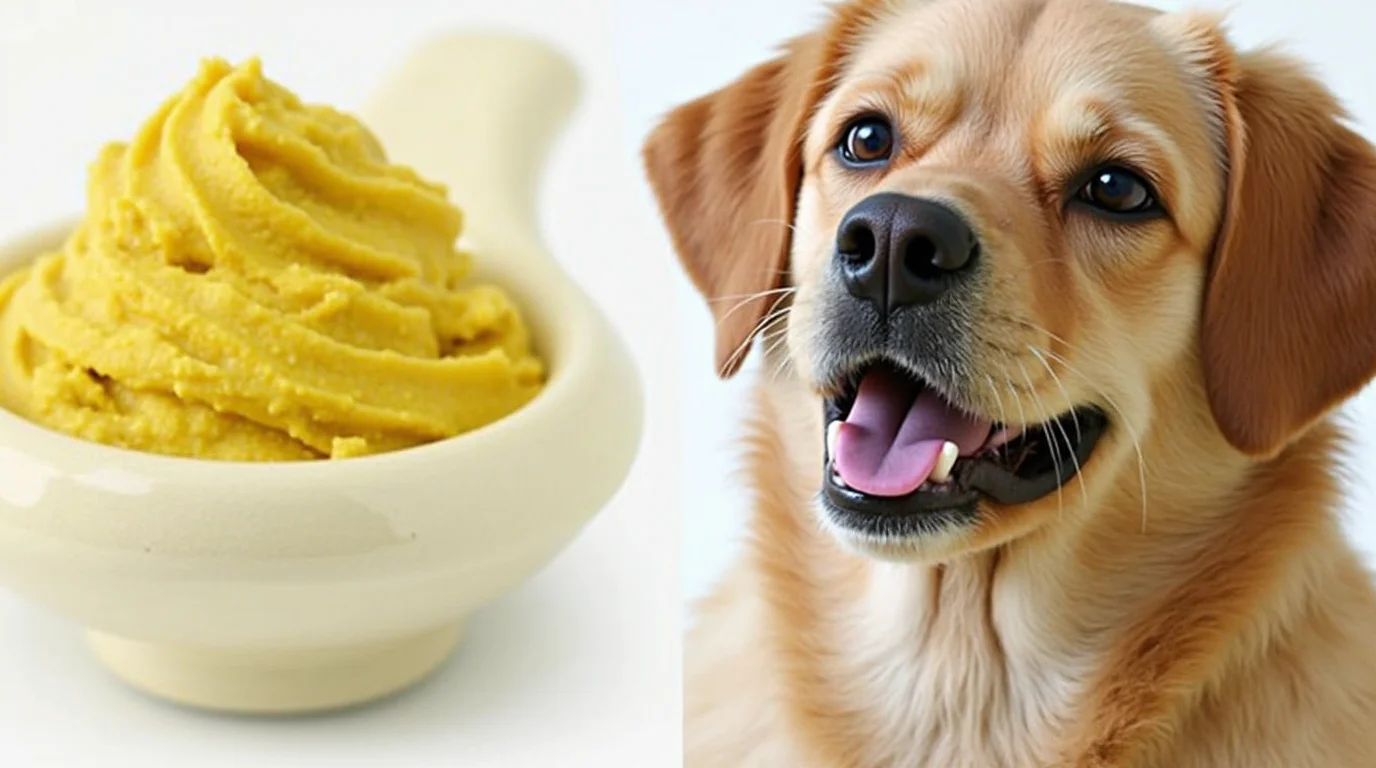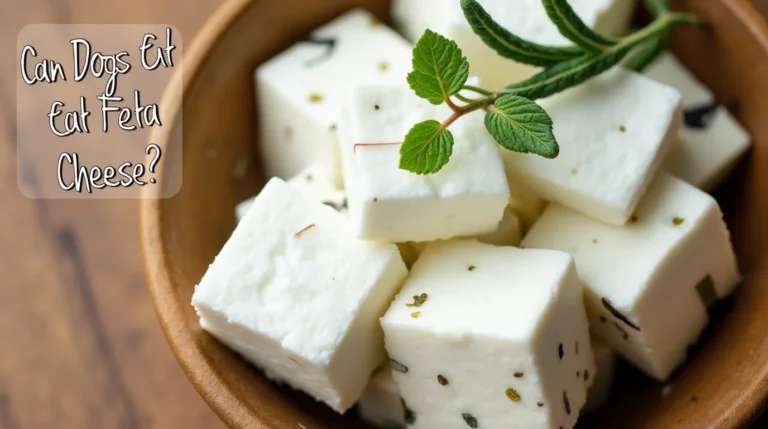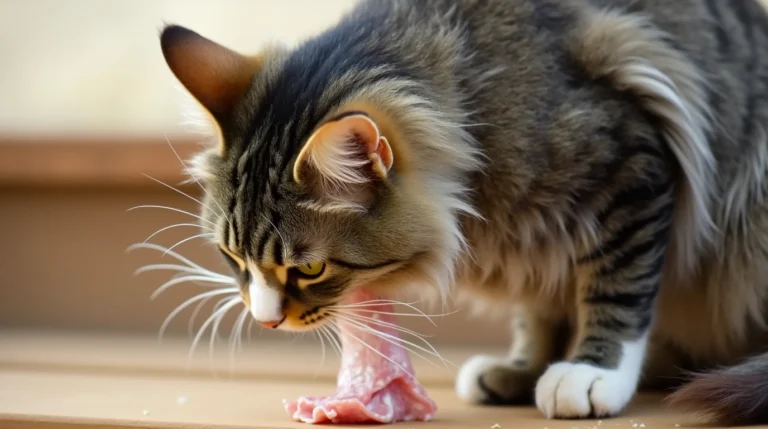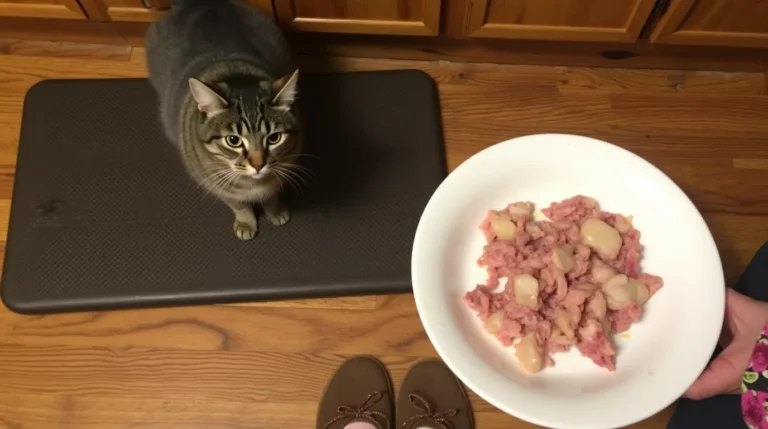Table of Contents
Mustard is a common condiment found in many households, but can dogs eat mustard safely? While mustard adds flavor to human meals, it is not safe for dogs. Even in small amounts, mustard can cause digestive issues and potential toxicity.
If your dog has accidentally consumed mustard, it’s important to know the possible risks and what to do next. This article will explore why mustard is harmful, its effects on dogs, and safe alternatives you can offer instead.
Is Mustard Safe for Dogs?
The short answer is no. Dogs should not eat mustard because it contains ingredients that can be toxic and harmful to their digestive system. Mustard is made from mustard seeds, which have compounds that can irritate the stomach lining and cause vomiting, diarrhea, and pain.
While some human foods are safe for dogs in moderation, mustard is not one of them. Even a small amount can cause health problems, depending on the dog’s size and sensitivity.
Why Is Mustard Bad for Dogs?
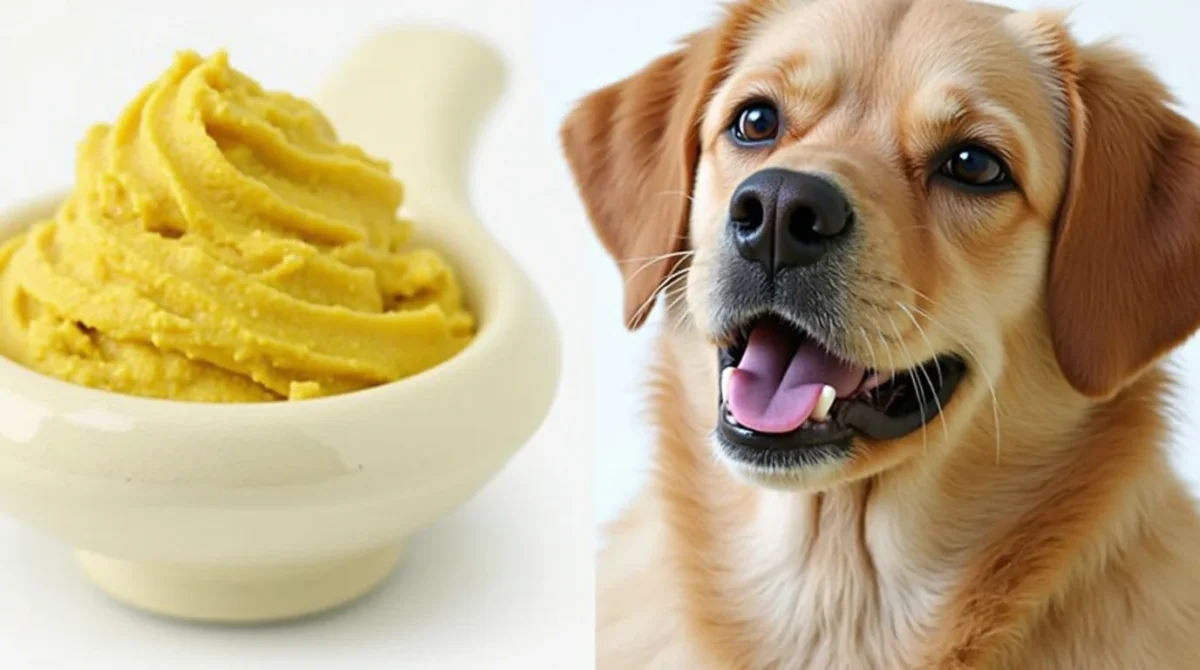
1. Mustard Seeds Are Toxic
Mustard seeds contain isothiocyanates, compounds that can cause gastric irritation and inflammation in dogs. These chemicals are found in certain cruciferous vegetables but are more concentrated in mustard seeds, making them harmful to dogs.
2. Can Cause Digestive Issues
🚫 Symptoms of mustard poisoning in dogs include:
- Vomiting
- Diarrhea
- Abdominal pain
- Loss of appetite
- Lethargy
If your dog consumes mustard, they may experience mild to severe digestive issues depending on the amount ingested.
3. High in Salt and Spices
Most store-bought mustard contains:
- Salt – Too much salt can lead to dehydration and sodium ion poisoning in dogs.
- Vinegar – Can be harsh on a dog’s stomach.
- Spices & Preservatives – May cause allergic reactions or digestive upset.
These additional ingredients make mustard even more dangerous for dogs.
Types of Mustard and Their Effects on Dogs
Not all mustard products are the same. Some are more dangerous than others, but none of them are safe for dogs.
| Type of Mustard | Is It Safe for Dogs? | Reasons to Avoid |
|---|---|---|
| Yellow Mustard | ❌ No | Contains mustard seeds, vinegar, and salt |
| Dijon Mustard | ❌ No | High in spices, salt, and vinegar |
| Honey Mustard | ❌ No | Contains sugar, honey, and additives |
| Spicy/Brown Mustard | ❌ No | Can cause severe irritation due to added spices |
| Mustard Powder | ❌ No | More concentrated and toxic than liquid mustard |
| Mustard Greens | ⚠️ In Small Amounts | May be safe in moderation, but too much can cause stomach upset |
👉 Conclusion: No form of mustard is safe for dogs. Even mustard greens, while less harmful, should only be fed in small amounts and cooked properly.
What Happens If a Dog Eats Mustard?
If your dog eats mustard, the severity of the reaction depends on the amount consumed and their size and sensitivity.
Mild Symptoms (Small Amounts)
🐶 Vomiting
🐶 Diarrhea
🐶 Stomach discomfort
Severe Symptoms (Large Amounts)
🐶 Lethargy
🐶 Tremors
🐶 Dehydration
🐶 Loss of appetite
If your dog has eaten a large amount of mustard or shows severe symptoms, contact your veterinarian immediately.
What to Do If Your Dog Eats Mustard?
Step 1: Assess the Amount Consumed
- A lick or tiny drop may not cause serious harm, but monitor your dog for symptoms.
- A larger amount (like a spoonful or more) can cause vomiting, diarrhea, or toxicity symptoms.
Step 2: Watch for Symptoms
If your dog is experiencing mild stomach upset, offer water and observe their behavior for the next few hours.
Step 3: Contact a Veterinarian
🚨 If your dog ate a large amount or is showing severe symptoms, call your vet or an emergency pet poison hotline immediately.
Safe Alternatives to Mustard for Dogs
If you want to give your dog flavorful but safe food options, try these healthy alternatives:
✔ Plain cooked pumpkin – Good for digestion.
✔ Unsweetened applesauce – A safe, tasty treat.
✔ Plain yogurt – Contains probiotics, but only in small amounts.
✔ Carrot or cucumber slices – Healthy and low-calorie snacks.
✔ Homemade dog-safe gravy – Made with low-sodium broth and no spices.
By choosing dog-friendly foods, you can safely enhance your pet’s diet without the risks of mustard.
Common Questions About Dogs and Mustard
1. Can dogs eat honey mustard?
No. Honey mustard contains sugar, honey, and mustard seeds, all of which are bad for dogs.
2. Can dogs eat mustard greens?
Mustard greens are not as harmful as mustard seeds, but they should still be given in small amounts and cooked to reduce their natural spiciness.
3. Can mustard kill a dog?
While a small amount is unlikely to be fatal, large amounts can cause serious poisoning. If your dog eats a lot of mustard, seek veterinary help immediately.
4. Why do some dogs like mustard?
Dogs may be attracted to the smell, but that doesn’t mean it’s safe. Many dogs will eat harmful foods if given the chance. Always keep mustard out of reach.
5. How do I stop my dog from eating mustard?
- Store mustard securely – Keep it out of reach.
- Avoid feeding table scraps – Many condiments contain mustard.
- Train your dog with “leave it” commands – Helps prevent food-related accidents.
Final Thoughts: Can Dogs Eat Mustard?
No, dogs should not eat mustard. Mustard seeds contain toxic compounds that can irritate a dog’s stomach, leading to vomiting, diarrhea, and digestive distress. Store-bought mustard also includes salt, vinegar, and spices, making it even more dangerous.
If your dog accidentally consumes mustard, monitor them closely for symptoms and seek veterinary help if necessary. Instead of mustard, offer healthy, dog-friendly alternatives to keep your pet happy and safe.
By making informed choices, you can protect your furry friend’s health and well-being.

